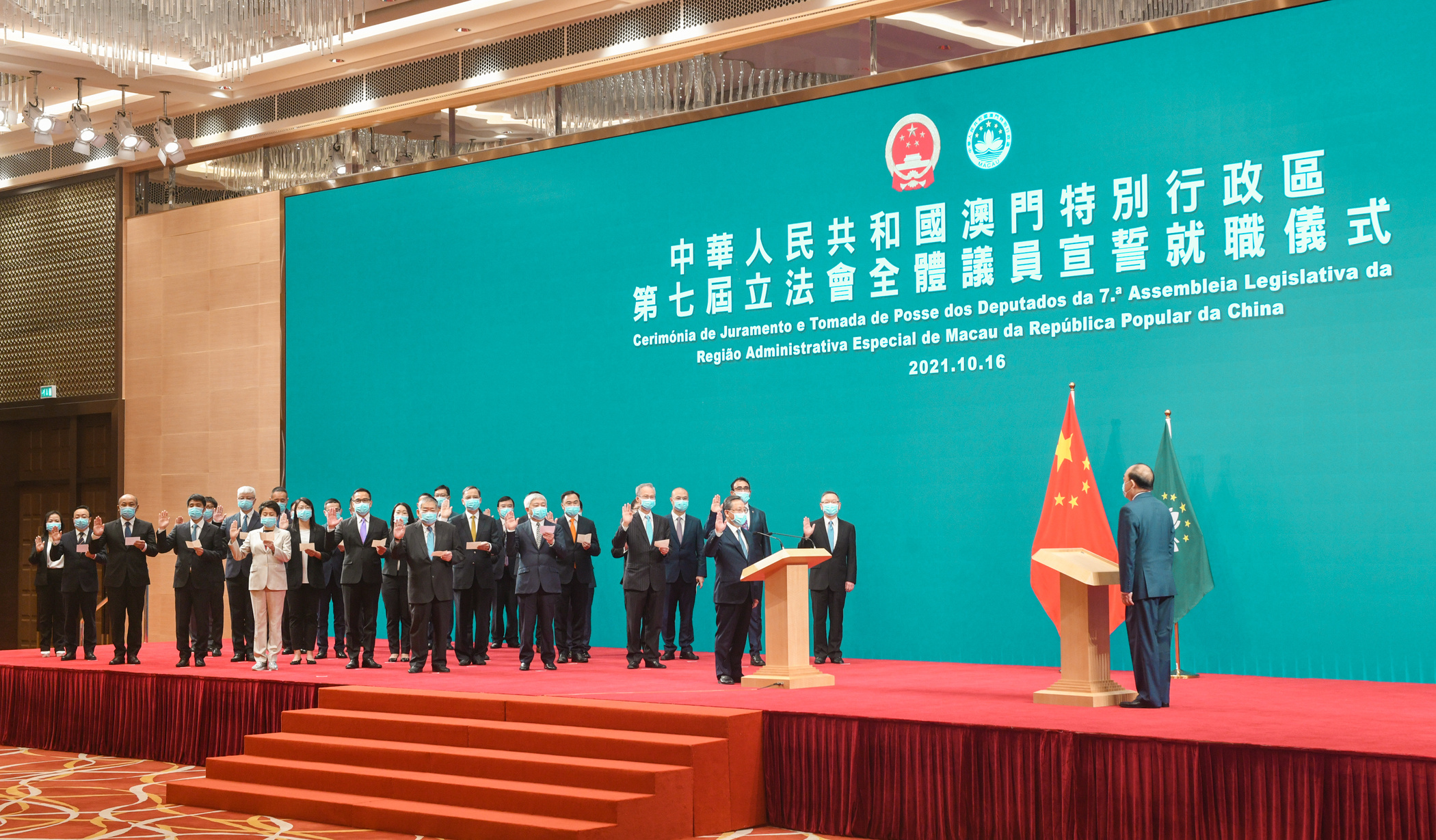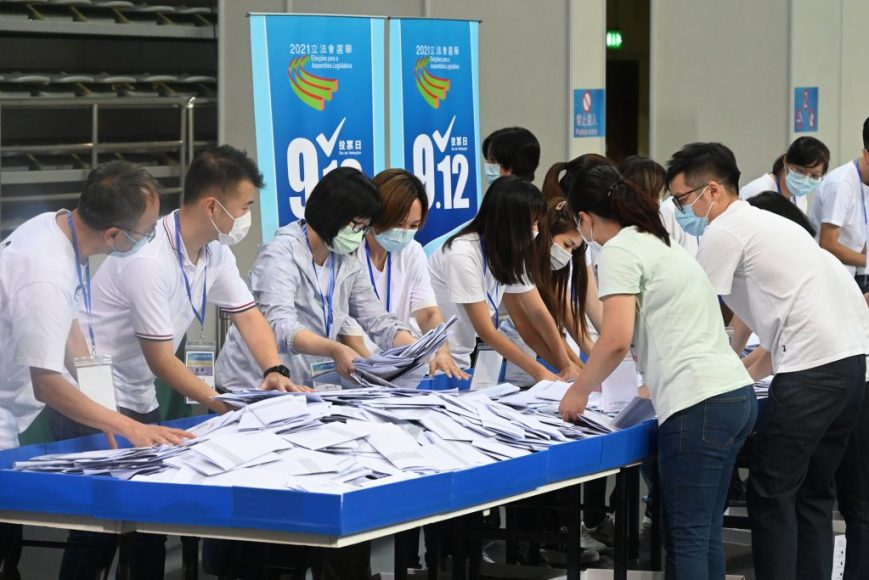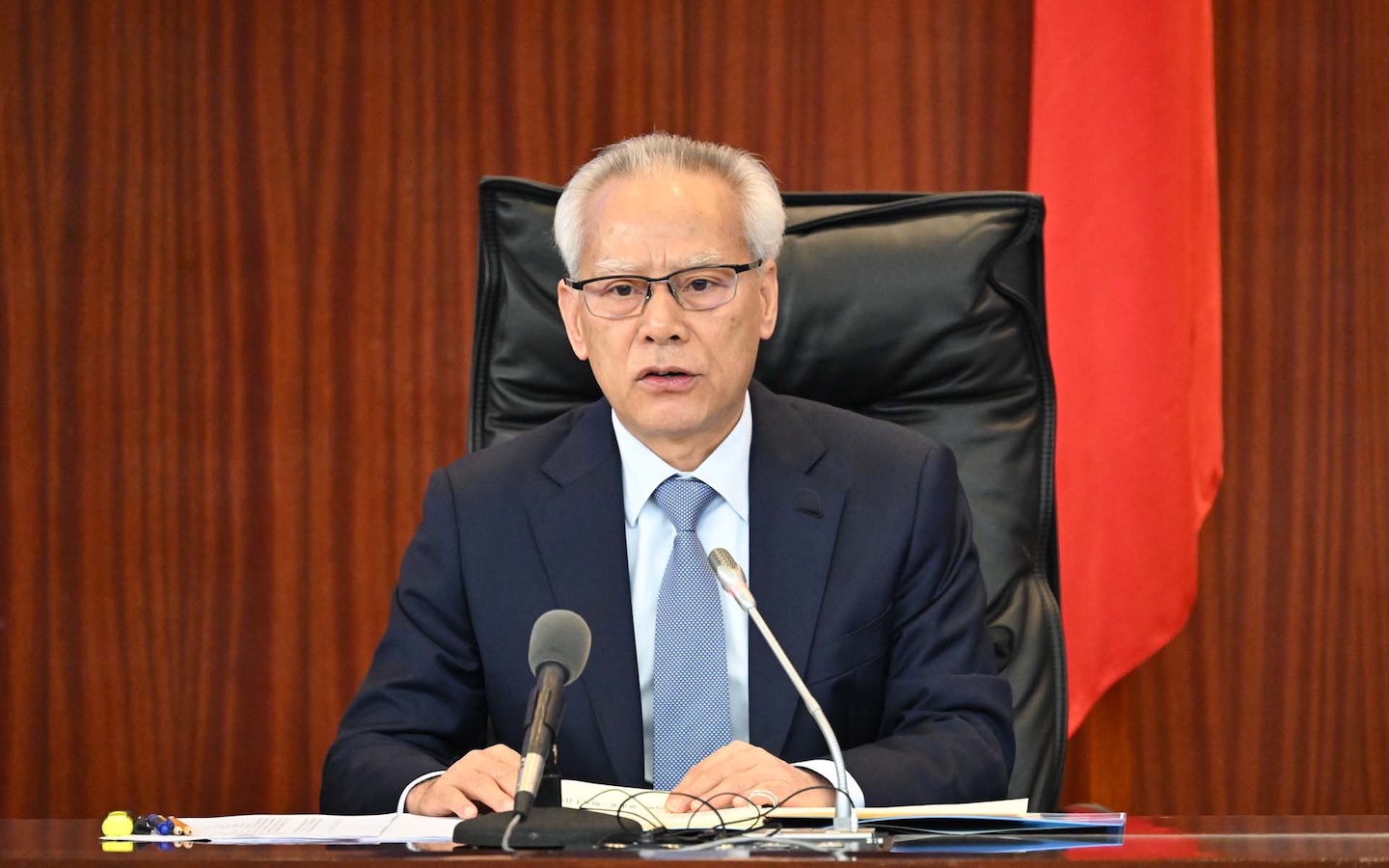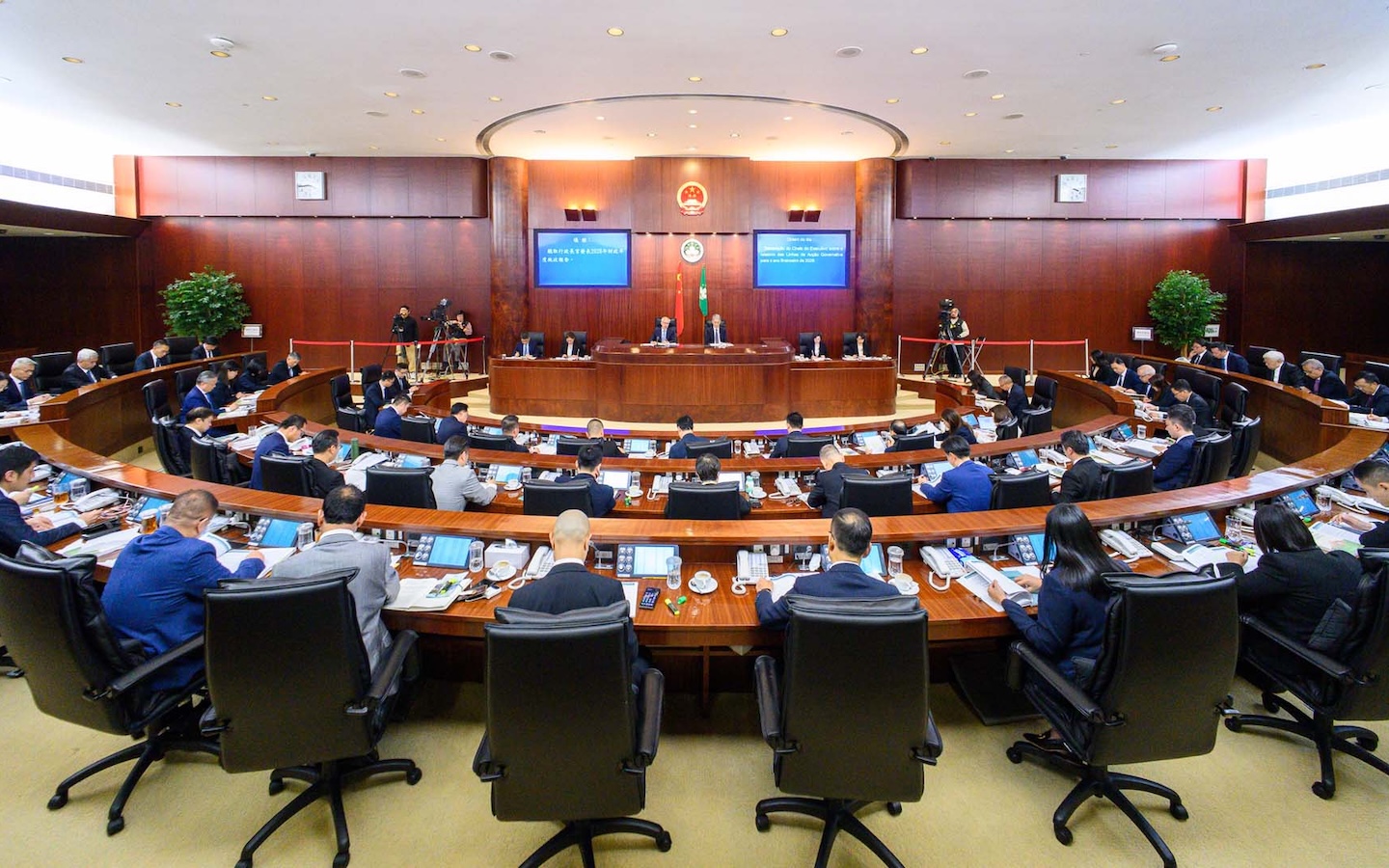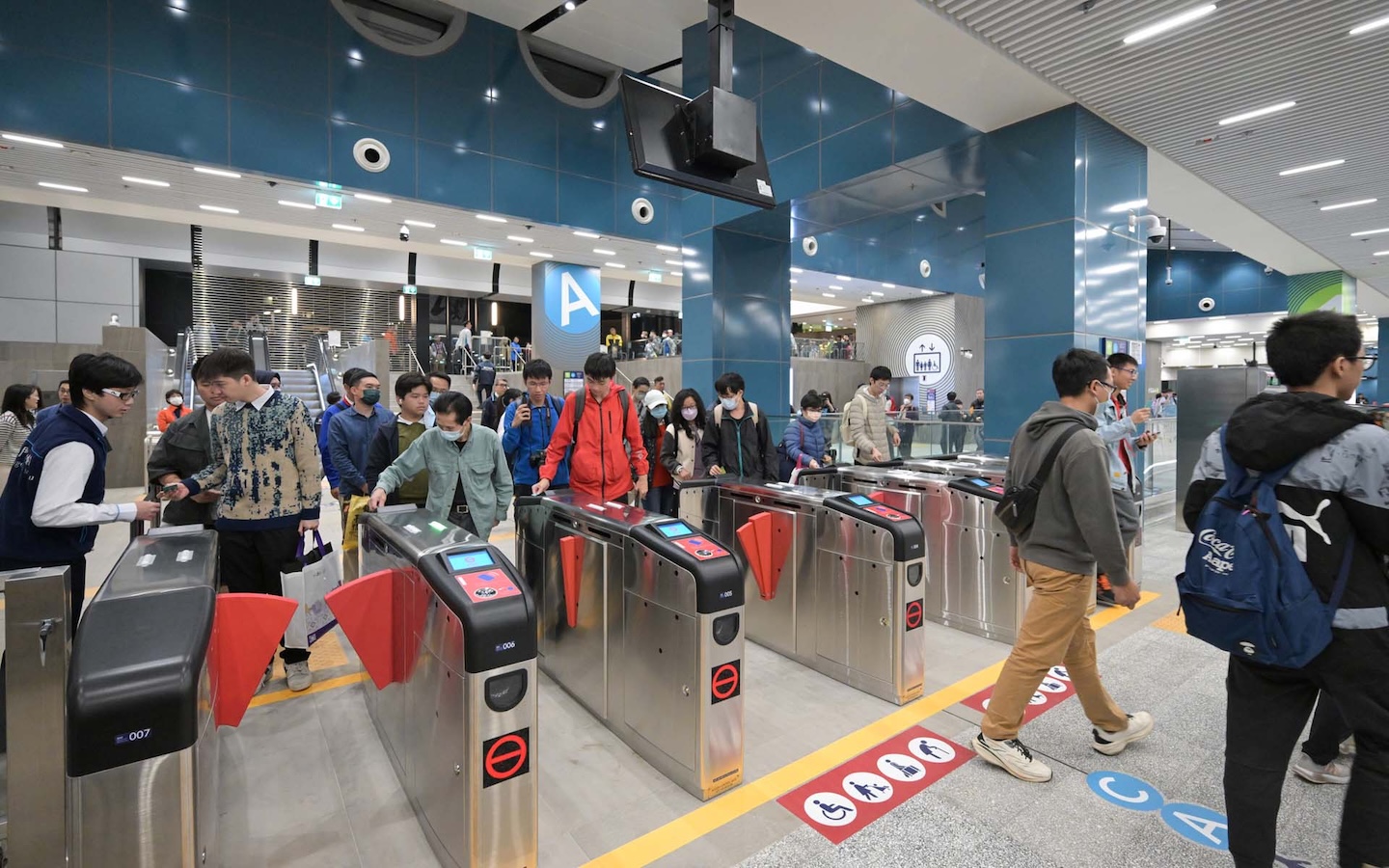The city’s lawmakers represent a cross-section of society bringing both experience and fresh perspectives to further growth.
Following elections in mid-September, Macao unveiled its Seventh Legislative Assembly since it became a Special Administrative Region (SAR) under Chinese administration in 1999. The city’s law-making body faces one of the most challenging periods in the Macao SAR’s short history, given the social and economic impact of the Covid-19 pandemic.
Following the One Country, Two Systems policy, Macao has the power to legislate its own local laws and regulations, including taxation and budget expenditure, while the central government remains responsible for defence, foreign affairs and other nationwide issues. This gives the Legislative Assembly the most prominent role in shaping Macao’s autonomous development by enacting, amending and repealing local laws.
Serving a four-year term, the assembly comprises 33 members: 14 directly elected members, 12 indirectly elected members representing functional constituencies, and a further seven appointed by the Macao SAR Chief Executive.
The term limits and member categories strive to ensure that no significant section of the city’s community is left unrepresented.
The 14 directly elected members can come from any walk of life and must be nominated by an association or a candidacy committee in Macao. All eligible voters who register by January of the election year can cast their votes on polling day.
The indirectly elected members, on the other hand, are drawn from specific interest groups within the community. The indirectly elected sectors are industrial, commercial and financial; labour/trade unions; professionals; social and educational services, as well as culture and sports. Each group has its own electoral colleges, which carry out the voting. To be on the ticket, candidates must be nominated by at least 20 per cent of the college.
So, who exactly are these lawmakers, whose decision-making will prove crucial to Macao’s recovery?
Directly elected lawmakers
The 14 directly elected lawmakers were drawn from seven electoral lists. One list took three seats; five lists won two seats each; while the final list took just one assembly seat.
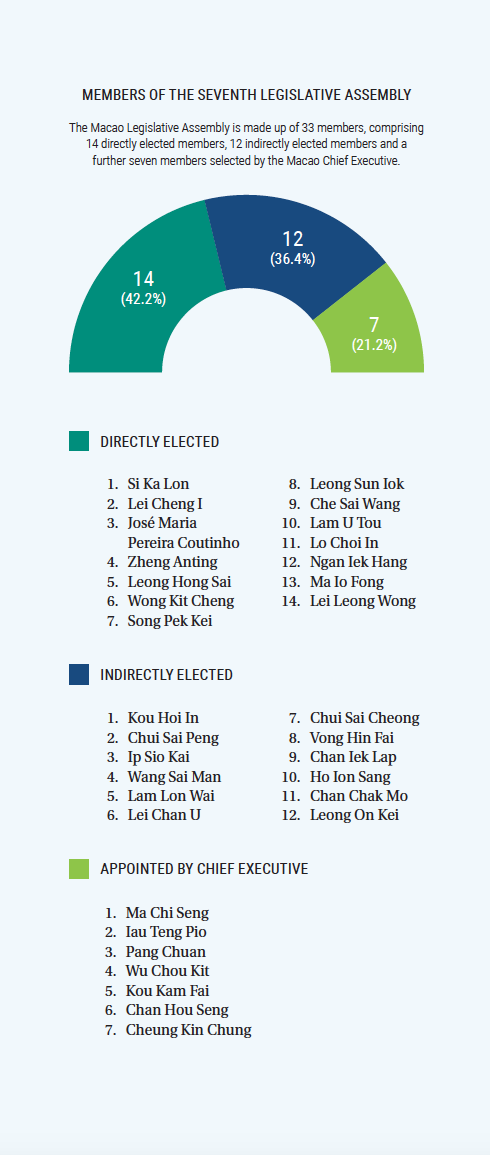
The biggest winner at the September polls, with 26,593 votes and three seats, was the Macao United Citizens Association (ACUM) list, headed by incumbent lawmaker and civic leader Si Ka Lon, 43. The list’s No. 2 candidate, incumbent legislator Becky Song Pek Kei, 36, was re-elected, while its No. 3 candidate, Lei Leong Wong, 35, was a first-time winner.
This was the first time that the ACUM list won three seats, since the 2013 direct elections. ACUM entered the electoral arena in the 2005 direct elections when it was headed by prominent businessman Chan Meng Kam. However, Chan did not seek re-election four years ago.
The ACUM list was set up by the Alliance for Common People Building Up Macao (API) – one of the city’s biggest community associations. API is generally regarded as the main representative of Macao’s sizeable Fujianese community, which accounts for about one-quarter of the city’s population. Many Macao citizens proudly trace their roots to Fujian, a southern Chinese province neighbouring Guangdong.
The Union for Development (UPD) list, headed by incumbent lawmaker and trade unionist Ella Lei Cheng I, 40, won the second-highest number of votes, 23,760, enabling Lei and her fellow legislator, Leong Sun Iok, 44, to be re-elected.
The UPD list is the electoral vehicle of the Macao Federation of Trade Unions (MFTU) which is one of the city’s biggest community associations. The list has won one or two seats in every direct legislative election since it first took part in 1992, when Macao was still under Portuguese administration. Both Lei and Leong are MFTU senior board members.
Lawmaker José Maria Pereira Coutinho, who has been a directly elected lawmaker since 2005, succeeded in his re-election bid. The New Hope list, headed by Coutinho, 64, won two seats, so its No. 2 candidate, Sai Wang, 55, a public servant, was elected for the first time. Coutinho heads the Macau Civil Servants Association.
Zheng Anting, 47, who has been a directly elected legislator since 2013, also succeeded in his re-election bid. This time Zheng headed the Macao-Guangdong Union (UMG) list. The list’s No. 2 candidate Lo Choi In, 48, a senior bank executive, was elected for the first time.
The Progress Promotion Union (UPP) list, the electoral vehicle of the influential Macao General Union of Neighbourhood Associations, won two seats, enabling Leong Hong Sai, 54, and Ngan Iek Hang, 37, to be elected for the first time. Alan Ho Ion Sang, 60, who had headed the UPP list since the 2009 direct election, did not seek direct re-election but instead became an indirectly elected lawmaker.
The Macao Women’s General Association ran the Alliance for a Happy Home list and won two seats. Nurse Wong Kit Cheng, 39, was re-elected, and the list’s No. 2 candidate Ma Io Fong, 37, a teacher, was elected as a lawmaker for the first time.
The Power of Synergy list, which ran in the direct election for the second time after almost winning a seat four years ago, won a single seat. Current affairs commentator Ron Lam Tou, 40, was elected as a lawmaker for the first time.
The only incumbent lawmaker who failed to be re-elected was Agnes Lam, who is an associate professor at the University of Macau’s Department of Communications. A former journalist, she has headed the Civic Watch list since 2009.
The voter turnout in the direct election was 42.38 per cent (137,279 voters) with 3,141 blank votes and 2,000 invalid votes.
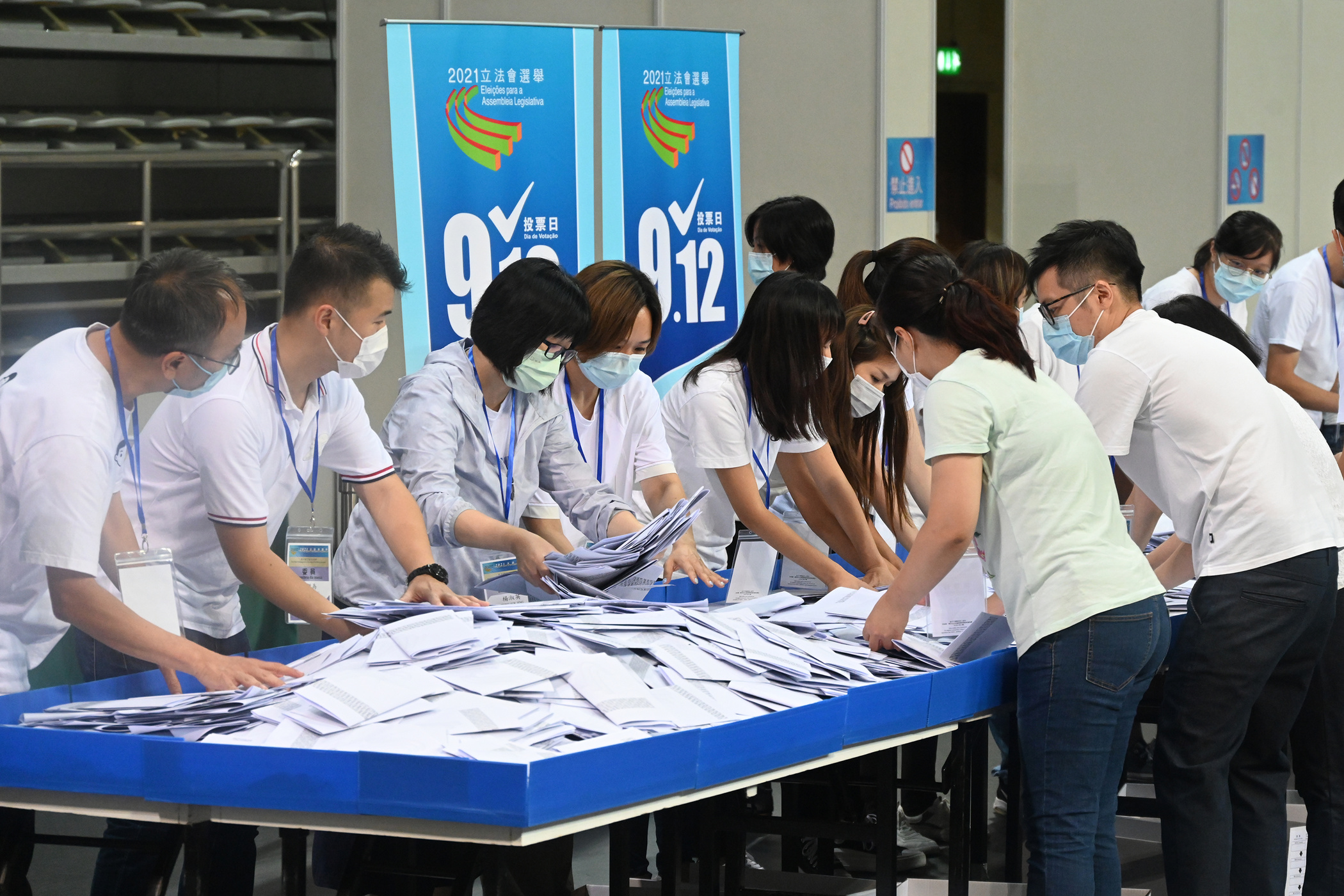
No contest
The indirect legislative election in the functional constituencies for 12 seats was held at the same time as the direct elections. However, unlike the directly elected sector, in this electoral category, the polling was uncontested. A total of 7,000 indirect-election voters cast their ballots, amounting to a turnout of 87.33 per cent.
Two lawmakers, Chan Hong and Victor Cheung Lup Kwan were replaced by former directly elected legislators Alan Ho Ion Sang and Angela Leong On Kei, 60.
A single candidacy list ran in each of the five indirect-election sectors. The five lists were:
- The Union of Macau Business Interests (OMKC) for the industrial, commercial and financial sectors
- The Joint Candidacy Committee of Employees Associations (CCCAE) for the labour sector
- The Union of Macau Professionals’ Interests (OMCY) for the professional sector
- The Social Service and Education Promotion Association (APSSE) for social services and education
- The Rising Sun Cultural and Sports Union for culture and sports.
The legislature’s 12 indirectly elected seats include representatives from different sectors: four from industry, commerce and finance; three from professional; two from labour; two from culture and sports; and one from social services and education.
The OMKC fielded incumbent lawmakers Kou Hoi In, 68; José Chui Sai Peng, 61; Ip Sio Kai; and Wang Sai Man, 51, as its candidates for the four seats in the industrial, commercial and financial sector.
Kou, president of the outgoing legislature, is a local deputy to the National People’s Congress of China and president of the Macao Chamber of Commerce. Chui, a civil engineer, is the cousin of former Chief Executive Fernando Chui Sai On, while Ip is the deputy director of the local branch of the Bank of China. Wang, a textile manufacturer, is also a board member of the Macao Chamber of Commerce.
The Joint Candidacy Committee of Employees Associations fielded the same first- and second-ranked candidates as in the 2017 election: trade unionists Lam Lon Wai, 46; and Lei Chan U, 46. Both are senior board members of the MFTU who became lawmakers four years ago. Lam is one of the two vice-principals of Lou Hau High School, which is run by the MFTU.
The Union of Macau Professionals’ Interests fielded incumbent lawmakers Chui Sai Cheong, who is the elder brother of former chief executive Chui Sai On, 67; the vice-president of the outgoing legislature, lawyer Vong Hin Fai, 63; and paediatrician Chan Iek Lap, 64, as its candidates for the sector’s three seats.
The Social Service and Education Promotion Association list fielded Alan Ho Ion Sang for the sector’s single seat. Ho, who has served as a directly elected lawmaker since 2009, is a senior board member of the Macau General Union of Neighbourhood Associations.
The two candidates for the cultural and sports sector were restaurateur Andrew Chan Chak Mo, 70, and casino executive Angela Leong On Kei. She replaced Victor Cheung Lup Kwan, 83, who has retired.
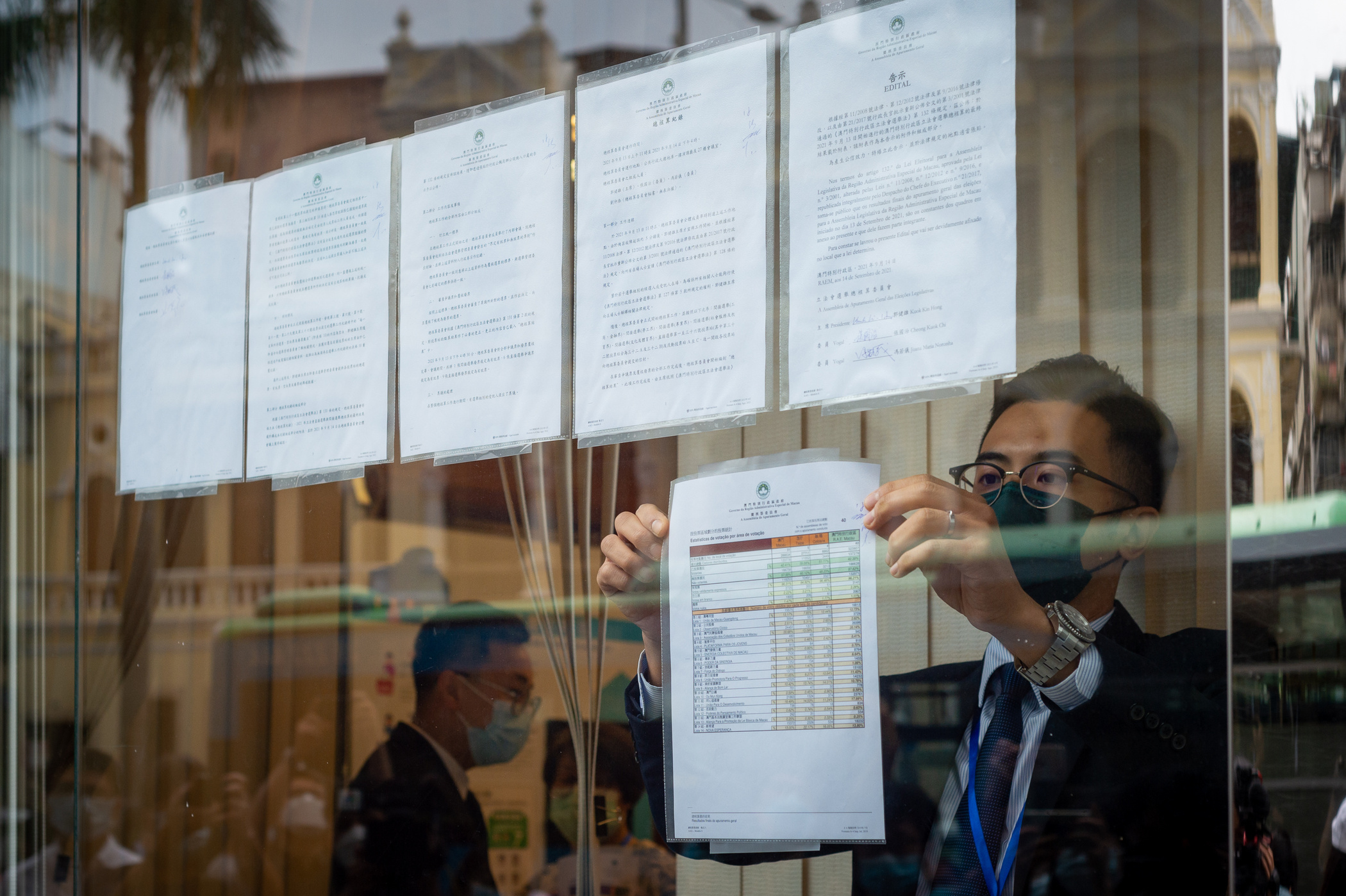
Appointed Members
Of the 33-member Legislative Assembly, which has a four-year term, it is customary for seven to be handpicked by the Macao Chief Executive. This year, Ho Iat Seng welcomed three new members and four were re-appointees – all of whom are men.
The newcomers were educator Kou Kam Fai, 56, principal of Pui Ching Middle School; arts scholar Chan Hou Seng, 58; and Cheung Kin Chung, 49, general manager of Macau CTS Hotel Management.
The re-appointees were businessman Ma Chi Seng, 43; Iau Teng Pio, 57, assistant dean of the University of Macau’s Faculty of Law; Pang Chuan, 50, vice-rector of the Macau University of Science and Technology; and Wu Chou Kit, 53, chairman of the Macau Institution of Engineers.
In short, the new Legislative Assembly brings together a promising combination of experience and new faces, who will lead the city through these uncertain times with confidence.
New leaders of the assembly
Chief Executive Ho Iat Seng swore in the 33 lawmakers of the 7th Legislative Assembly of the Macao Special Administrative Region on 16 October during a brief ceremony held at the China-Portuguese-speaking Countries Commercial and Trade Service Platform Complex.
As widely expected, the lawmakers elected Kou Hoi In and Chui Sai Cheong as president and vice-president, respectively, of the Legislative Assembly. Kou – Macao’s longest-serving incumbent lawmaker – received 32 of the 33 votes cast, while Chui Sai Cheong, the elder brother of former Macau Chief Executive Chui Sai On, garnered 30 votes.
Born in 1953, Kou has headed the legislature since 2019, having replaced Ho Iat Seng when he successfully ran for the position of chief executive that year. After his re-election as president, Kou promised to maintain a dialogue with his peers and improve the legislature’s government monitoring.
Rounding out the leadership team, lawmakers elected civic leader Ho Ion Sang and businessman Si Ka Lon to serve as first and second secretary of the legislature, respectively.
